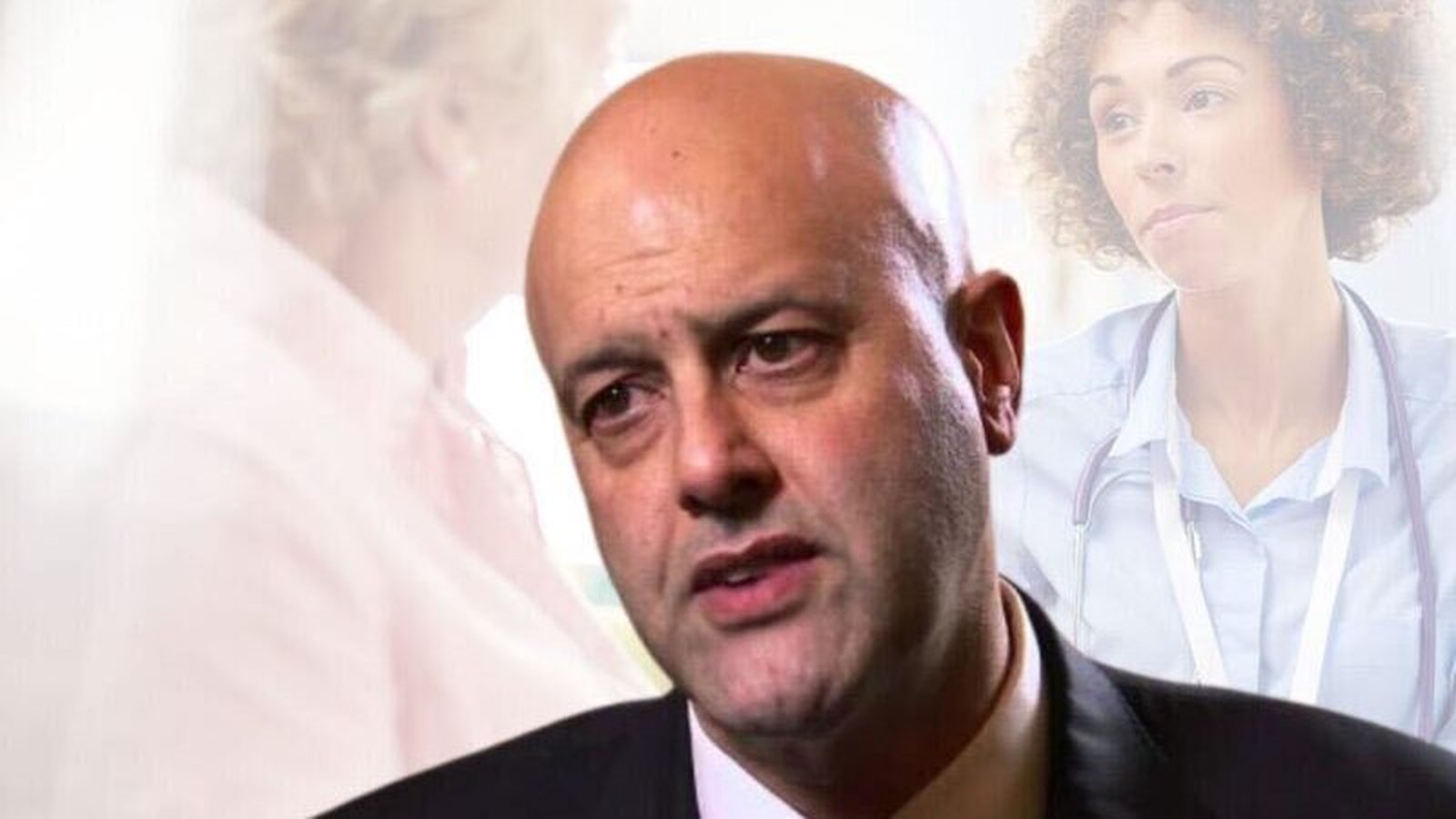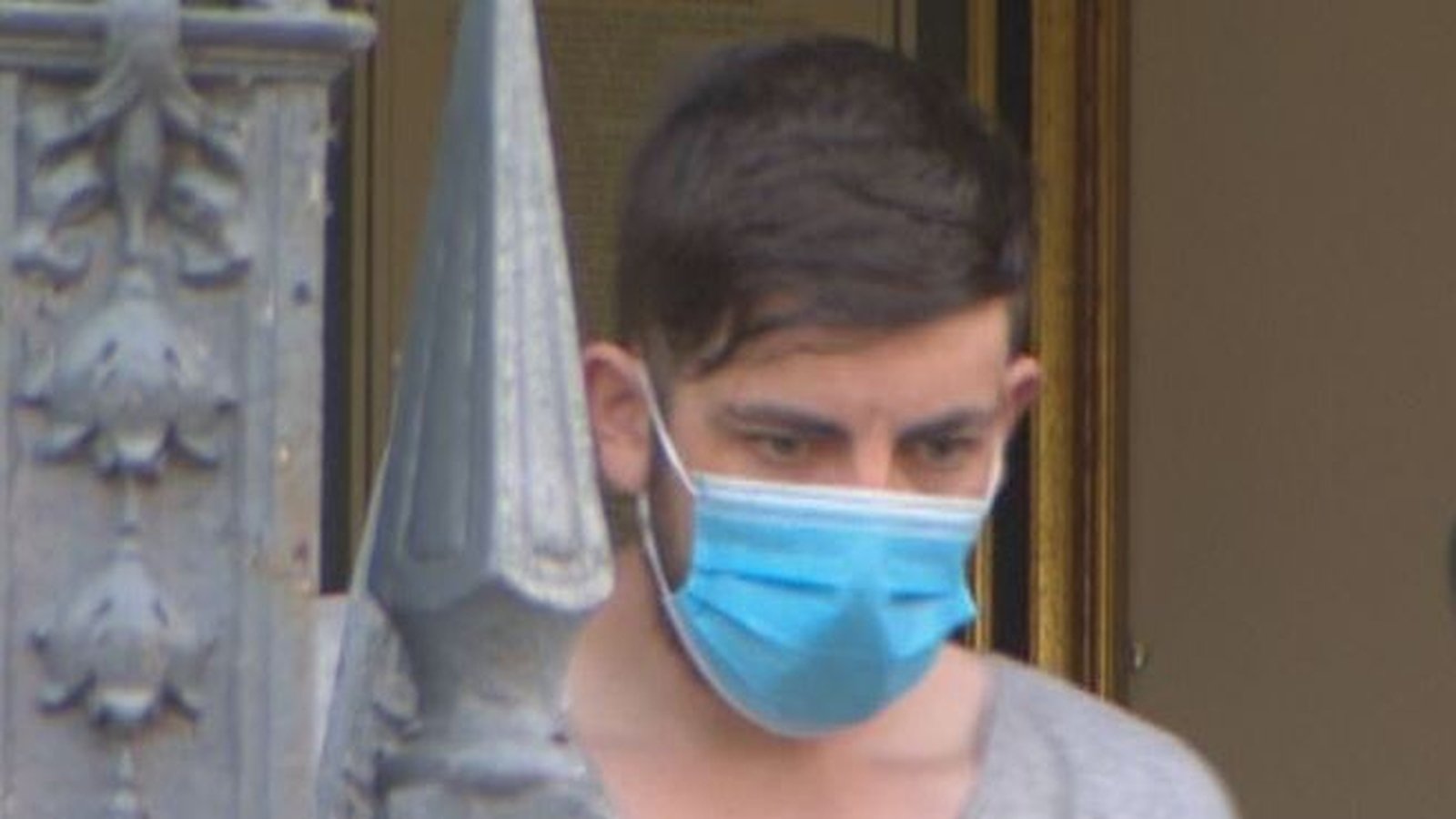Heavy workloads see GPs close lists

More than three quarters of the approximately 2,500 GP practices in Ireland have closed their lists to new patients, according to the Irish College of General Practitioners.
GPs around the country have said they are being overrun by heavy workloads, with many practices struggling to attract younger qualified applicants – especially in rural and deprived areas.
In July 2022, Dr Martin Daly and his wife nearly closed their GP practice in the town of Ballygar in Galway.
They had not been able to take a family holiday in three years because they could not get temporary cover.
The global lack of doctors is hitting Ireland’s GPs, and their patients, hard.
Although Ireland’s population has grown by around 50% over the last 30 years, there has not been a proportionate increase in the number of GPs that are trained or recruited in Ireland.
Attitudes have also shifted. When Dr Daly qualified as a GP, it was normal for a rural doctor to work 60 or 70 hours per week.
“The younger GP will not do that and rightly so,” Dr Daly said.
“They have an entitlement to have time off for their families, for education, for sick leave, for maternity leave and also to take holidays like anyone else in society.”
“We’ve been very lucky to recruit a young partner in the last year,” Dr Daly said, “that has saved this practice”.
“There are delayed diagnosis, leading to overcrowded A&E, which in turn leads to GP burnout”
Andrew Murphy is a professor of general practice at the University of Galway, as well as a working GP with over 30 years’ experience.
He said another reason for a higher demand for GPs is that the demands of patients have changed as populations have become older and healthcare has become more complex.
“When I qualified, hardly any patients were on, you know, ten or more medications. Now 5% of all Irish patients above the age of 65 are on 15 or more medications.”
In an Irish College of General Practitioners survey last year, three-quarters of GP practices had closed their lists, meaning they are refusing to take on new patients. Dr Murphy’s practice was among them.
“We had never ever done that before,” Dr Murphy said but the practice was not able to keep up with demand for their services.
“All of this means that there’s an unmet need for patients,” he said.
“There are delayed diagnosis, leading to overcrowded A&E, which in turn leads to GP burnout.”
The patients that do make it past the GP waiting list can have other delays in receiving the healthcare that they need.
A GP can make a referral for a patient to see a consultant, but those waiting lists can be years long.
Meanwhile, the patient with a worsening health issue goes back to their GP.

Drogheda-based GP Amy Morgan said she has observed this in her own practice.
“It is getting worse,” she said.
“You’re maybe seeing the same patient several times in quick succession because they are still waiting to be seen. You have maybe maximised what you can deliver yourself as well.”
Dr Morgan added it also adds to a GP’s workload in terms of administration work.
Tadgh Crowley is the chair of the GP committee in the Irish Medical Organisation. The issue of GP burnout due in part to consultant waiting lists is one he has heard from his members, and one he has seen himself.
“It is part of general practice that we look after patients from cradle to grave and then if there was a problem that would need a consultant opinion, we’d refer to hospital and would in a timely manner be seen and then they come back to ourselves,” he said.
He added: “If you take orthopedics and someone is waiting for a hip replacement, they’re in chronic pain and they’re coming back and you’re giving painkillers.
“You see their lives in front of you becoming more unstable.
“They’re in pain. They’re awake a lot. It affects their mood. And you know what they need but the system just isn’t allowing it.
“That is frustrating, and it does create a bit of stress.” he said.
In order to increase the number of GPs, Dr Crowley said there is a need to recruit more doctors, retain existing ones, and encourage the ones that have left the profession or the country to return.
“There are really no supports to help new GPs set up a practice from scratch”
However, he said there is also a need to look at where in Ireland there are not enough GPs, and specifically set up schemes to encourage GPs to address that need.
Because most GPs set up as businesses rather than as employees, no one is monitoring where more community doctors are needed.
One GP that has moved to an underserved area is Dr Mark Murphy. He set up a GP practice in partnership with two others six years ago in south inner-city Dublin.
He found the process of setting up a practice extremely difficult with little help and no roadmap for GPs to use in establishing their businesses
“There are really no supports to help new GPs set up a practice from scratch,” he said.
“We need a more coordinated plan in urban and deprived areas,” Dr Murphy said, adding that these areas “need more than just luck” that a GP may choose to set up practice there.
We need your consent to load this rte-player contentWe use rte-player to manage extra content that can set cookies on your device and collect data about your activity. Please review their details and accept them to load the content.Manage Preferences
An analysis of where GPs are most needed by the community would be welcomed by Dr Crowley of the IMO.
“Across-department policies are required,” he said, adding that the whole country should be mapped to identify the areas that need GPs.
“Then looking at how can we incentivise GPs to set up, to come to our area and to make sure that we stay.”
Over 700 GPs are due to retire in the next five years, but according to ESRI estimates, around double that number will need to be recruited into the ranks of general practitioners by 2028.
Meanwhile, Ireland’s population is among the fastest growing in Europe.
Back in Ballygar in Galway, Dr Daly stressed that the demand for a GP also impacts on reception and nursing staff within the practice
“Ultimately it impacts on our patients who don’t understand why 10-15 years ago they were able to turn up to our surgery on the same day without an appointment and be seen, whereas now they may have to wait for a routine appointment up to two weeks to be seen and that is a change in culture and it is something that people find difficult.”





